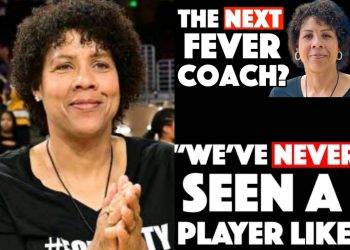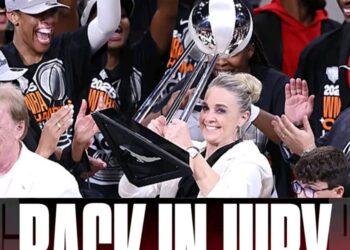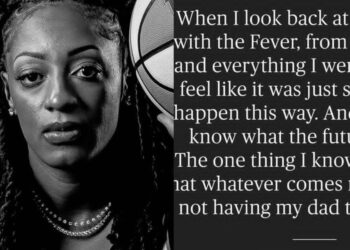When the conversation turns to African basketball powerhouses, Senegal’s name is never far behind. With a storied AfroBasket legacy that includes five titles — albeit the last one came in 1997 — Senegal has always been a nation brimming with basketball talent. Yet, for nearly three decades, the Lions of Teranga have watched their continental dominance slip away, overshadowed by the rise of Nigeria, Tunisia, and Angola’s enduring presence. Now, a new generation, forged through years of domestic reform and overseas exposure, stands ready to reclaim the throne and rewrite the script of Senegalese basketball.
At the heart of this fresh wave is a crop of young players who have grown up watching the game’s global evolution. Unlike generations before them, many of these stars have honed their skills in competitive leagues across Europe and the United States. Players like Khalifa Diop, the towering 7-foot center making waves in Spain’s ACB, and Babacar Sané, whose athleticism and raw scoring ability have turned heads in the NBA G League, embody the blend of tradition and modernity. They represent not just the future of Senegalese basketball, but also a new era in African hoops — one where homegrown talent is polished on the world’s biggest stages before returning to lift national teams.
The Senegalese Basketball Federation, aware of its historic pedigree but eager to adapt, has quietly invested in youth development programs and grassroots coaching. Local academies like SEED Academy and NBA Academy Africa have created clear pathways for talented youngsters to transition from dusty community courts in Dakar or Saint-Louis to professional clubs abroad. This pipeline has already produced remarkable results: more Senegalese teenagers are earning scholarships to top U.S. high schools and colleges than ever before, learning the discipline and high-tempo style that has come to define modern basketball.
But it’s not just about individual talent. What makes this generation so promising is their sense of unity and collective purpose. Senegal’s recent qualifying games for AfroBasket have revealed a squad brimming with energy, defensive tenacity, and a willingness to share the ball. Head coach Mamadou Gueye — himself a product of Senegal’s playing renaissance — has instilled a philosophy that blends the physicality of African basketball with the finesse and tactical discipline demanded on the global stage.
There’s also a cultural motivation that fuels this team’s hunger. For too long, the Senegalese public has watched its heroes fall agonizingly short in AfroBasket semifinals and finals. The memory of near-misses — like the heartbreaking loss to Nigeria in 2017’s semifinals — still stings. For the new generation, this isn’t just about winning; it’s about restoring pride and showing that Senegal can be the beating heart of African basketball once again.
Leadership is not in short supply either. Veterans like Gorgui Dieng, who has given so much to the national team while enjoying a solid NBA career, remain vital mentors for the younger stars. Dieng’s presence in the locker room and on the floor bridges the past and the present, reminding everyone that Senegal’s greatness isn’t just an ambition — it’s a standard that must be met and exceeded.
Beyond talent and structure, there’s a sense that the timing is right. The AfroBasket landscape is shifting. Nigeria faces internal basketball administrative turmoil, Angola is rebuilding, and while Tunisia and Côte d’Ivoire have grown stronger, none have an insurmountable gap over Senegal’s current roster. If the Lions can blend youthful energy with the grit needed in knockout games, they are well-placed to end their long wait for a sixth continental crown.
Yet, rewriting history won’t be easy. Challenges abound: chemistry needs to solidify, injuries must be avoided, and the mental toughness required to win big games must be nurtured. But there is optimism that these obstacles can be overcome by the very qualities that make this generation special — resilience, ambition, and an unshakable belief that their time has come.
As the next AfroBasket tips off, the eyes of a proud nation will once again turn to the court. This time, however, there is a palpable feeling that Senegal isn’t just competing to be good — they are poised to be great. For the young Lions, the mission is clear: honor the legends who paved the way, learn from the heartbreaks of the past, and craft a new chapter where Senegal doesn’t just participate in AfroBasket history — it leads it.











